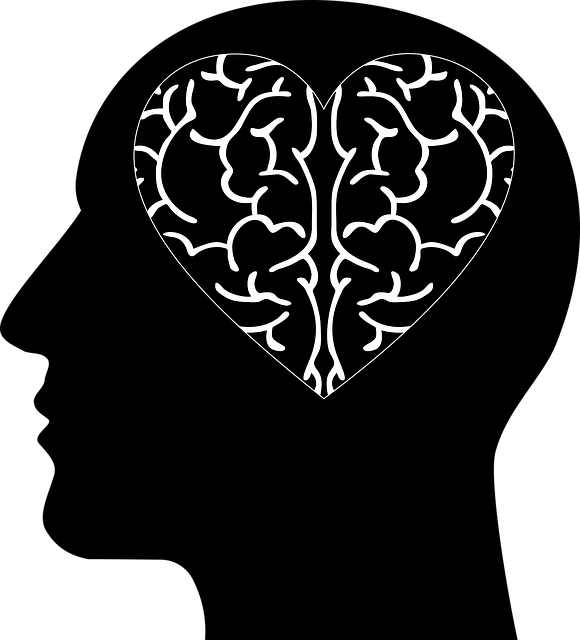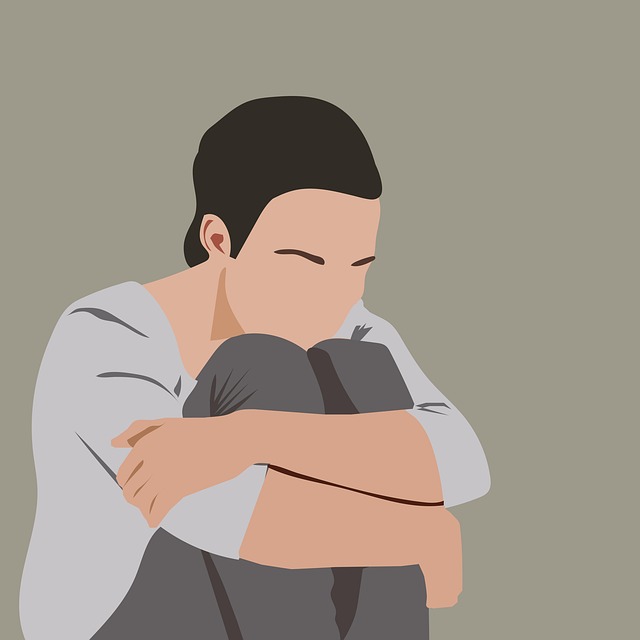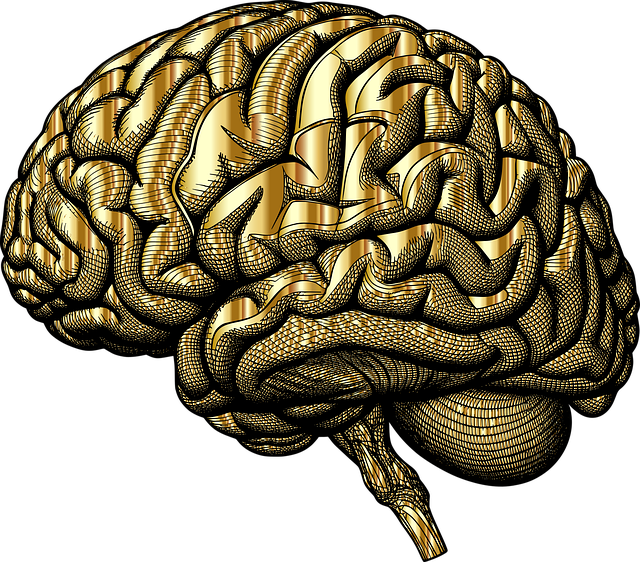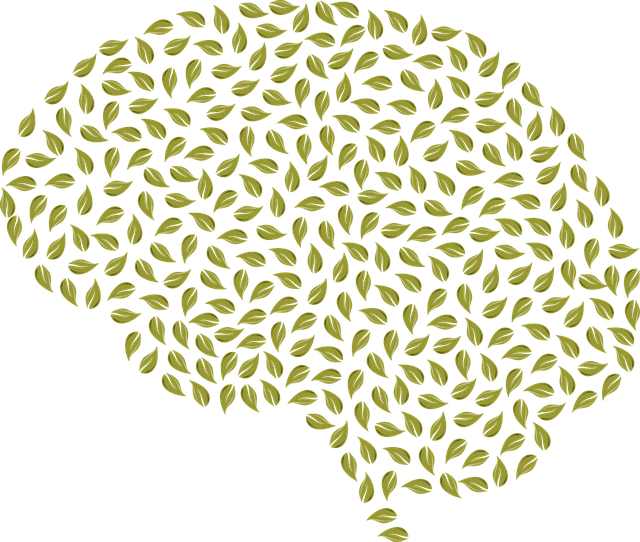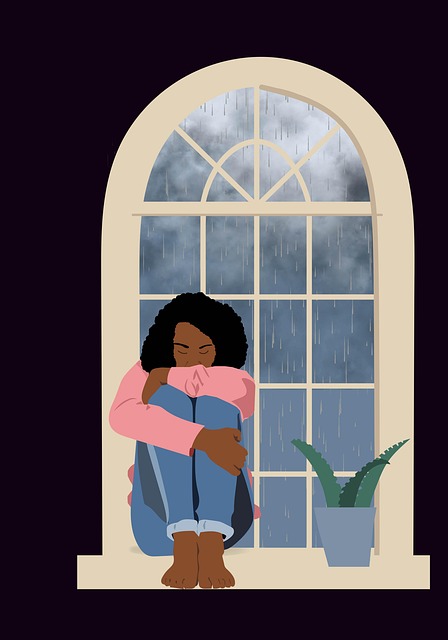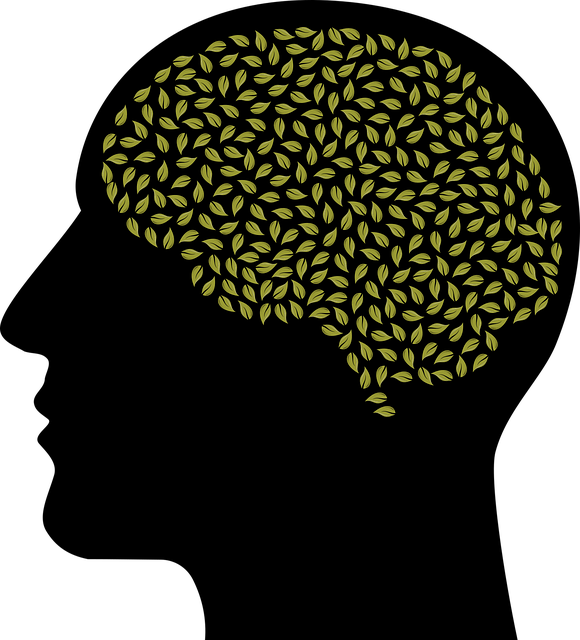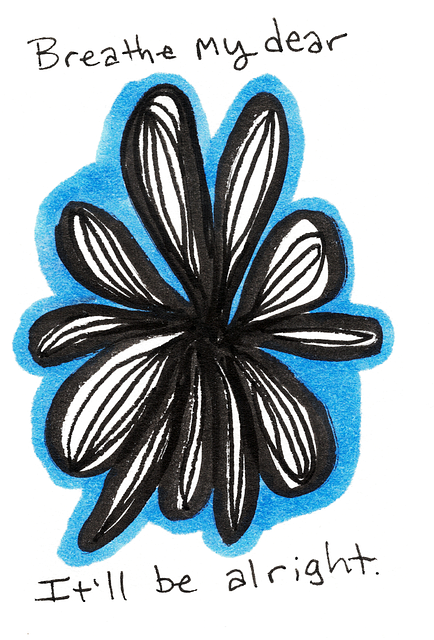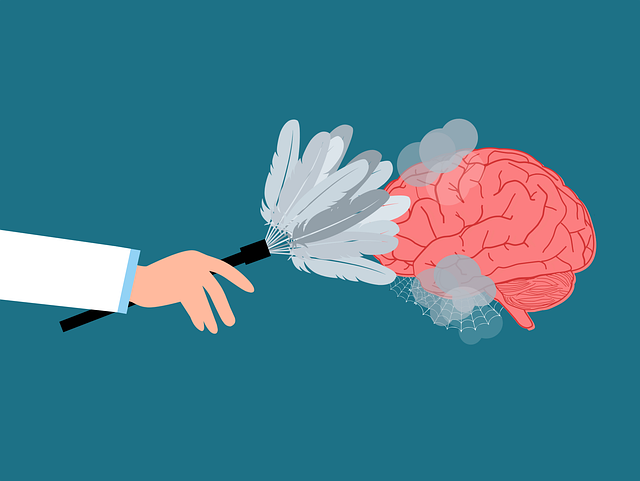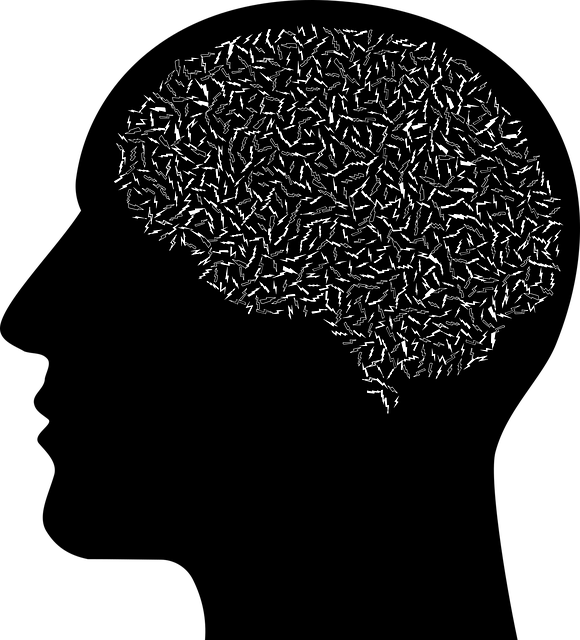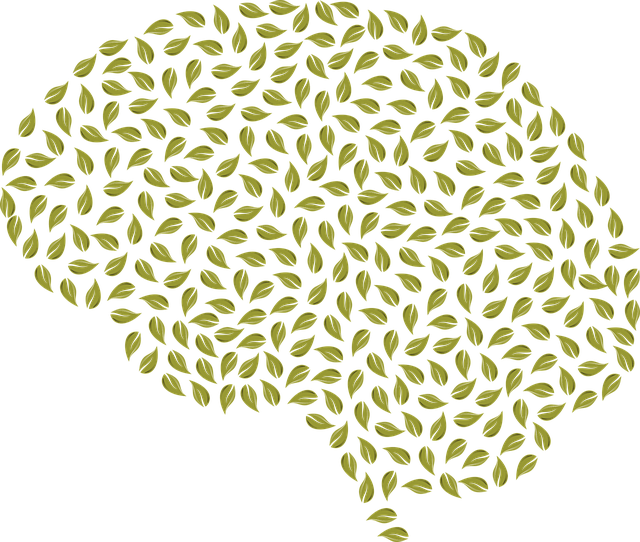Louisville-based individuals with dissociative disorders benefit from innovative mental wellness apps that integrate technology into traditional therapy, offering accessible and personalized therapeutic solutions. These apps, focused on Louisville Dissociative Disorder Therapy (DDT), leverage local cultural richness and evidence-based practices to reduce stigma, enhance outcomes, and foster community support through features like mood tracking, meditation, and virtual support groups. By addressing unique cultural nuances, these digital tools empower users with continuous self-management resources and advocate for improved local mental health services.
In today’s digital age, mental wellness apps are becoming indispensable tools for managing and improving psychological health. This article explores the growing demand for such applications, with a specific focus on Louisville Dissociative Disorder Therapy. We delve into the development of an effective app tailored to address dissociative disorders, highlighting key features and considerations for success. By understanding the need and leveraging technology, mental wellness apps offer accessible, personalized support for those in Louisville seeking therapy.
- Understanding the Need for Mental Wellness Apps
- Developing an Effective App for Dissociative Disorder Therapy in Louisville
- Key Features and Considerations for Success
Understanding the Need for Mental Wellness Apps

In today’s fast-paced world, mental wellness is a growing concern for individuals across various demographics, including those in Louisville seeking specialized care. The demand for accessible and convenient therapeutic solutions has led to a rise in popularity for mental wellness apps, offering innovative approaches to addressing mental health challenges. One particular area of focus is the integration of treatment for dissociative disorder, a complex condition requiring tailored support.
Louisville Dissociative Disorder Therapy apps play a pivotal role in reducing the stigma associated with mental illness and breaking down barriers to care. These digital tools provide individuals with discrete and personalized resources, facilitating self-care practices such as mindfulness exercises, trauma-focused therapy sessions, and compassion cultivation techniques. By leveraging technology, these apps bridge the gap between traditional therapy settings and everyday life, ensuring that support is readily available when needed, fostering a sense of empowerment and improved mental wellness for all users.
Developing an Effective App for Dissociative Disorder Therapy in Louisville

In Louisville, developing an effective app for Dissociative Disorder Therapy (DDT) requires a deep understanding of the unique needs and challenges faced by individuals in this community. The city’s diverse landscape offers both opportunities and barriers to mental wellness, making it crucial for therapists and developers to collaborate closely. By integrating evidence-based practices like Communication Strategies and Mind Over Matter Principles, an app can provide accessible, personalized support that enhances traditional therapy methods.
Louisville’s vibrant social scene and cultural richness can be leveraged to develop engaging features that promote Social Skills Training within the app. Incorporating interactive elements, virtual reality exercises, and peer support groups can make therapy more accessible and appealing, especially for younger generations. Tailoring the app to address local cultural nuances ensures relevance and effectiveness in helping Louisville residents navigate and overcome dissociative disorders.
Key Features and Considerations for Success

When developing a mental wellness app, particularly one focusing on Louisville Dissociative Disorder Therapy, several key features and considerations are essential for success. The app should offer personalized treatment plans tailored to individual needs, incorporating evidence-based therapies like Cognitive Behavioral Therapy (CBT) and Dialectical Behavior Therapy (DBT). Easy-to-use interfaces, secure data storage, and discreet access ensure users feel comfortable and engaged throughout their journey.
Integration of features like mood tracking, meditation guides, and virtual support groups fosters a sense of community and empowers users to actively manage their mental health. Additionally, incorporating educational content on mental illness stigma reduction efforts and providing resources for stress management workshops organization can significantly enhance the app’s impact. A robust Mental Health Policy Analysis and Advocacy component can further encourage users to advocate for better mental health services in their communities.
Louisville Dissociative Disorder Therapy apps have the potential to revolutionize mental health support, offering accessible and personalized care. By focusing on key features like customizable interventions, secure data privacy, and user-friendly interfaces, developers can create effective tools that cater to the unique needs of individuals seeking relief from dissociative disorders. As technology advances, integrating evidence-based practices into these apps will ensure their continued success in enhancing mental wellness outcomes.
